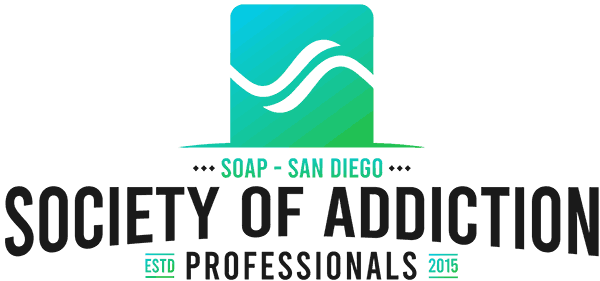Active listening helps people learn, interpret, and grow as people. How many times do you speak to a person every day? Have you ever noticed that the meaning of some words can change if they’re said in a particular inflection?
Learning to Listen Actively
Listening is a valuable tool that can improve your relationships and the way you present yourself to the world. When people actively listen to one another, they develop empathy and understanding. As a skill, active listening can help you forge deeper relationships. It can also help you in your career if you learn to apply it properly.
Here are some ways you can start listening more actively daily:
- Give conversations your full attention. Listen to inflection and pay attention to their body language if you are speaking in person. If y0u’re on the phone, turning off the TV will help you listen to what the person is saying to you. If you’re having a conversation, put down the cell phone and take yourself to a place where there is minimal noise. We live in a world full of distractions, but that’s no excuse to be rude.
- Listen to the speaker’s inflection. Do they sound sad or angry? If so, let them know you hear that. If you don’t know why the person is mad at you, just ask them. “You sound angry. Did I do something that upset you?” is a good way to start.
- Lean in. If you’re talking in person, lean towards the person speaking. This body language signals that you’re listening.
- Repeat what you’ve heard back to the other person. Let them know you’ve heard what they said. If Bob tells you it hurts his feelings when you fail to greet him in the morning, acknowledge this in your response. For example, you can say, “ I hear what you’re saying. I’ve been rude and hurt your feelings. I apologize for that.”
- Don’t interrupt the person speaking. If you have questions, you can ask them after you’ve heard the other person out.
- Try not to judge what the other person is saying. Let them finish what they have said.
- Ask questions if you don’t understand what the speaker is saying. If you don’t know what they are talking about, it’s okay. Just make sure that you can communicate with them.
- Acknowledge their feelings. While you may feel it’s not your responsibility to respond to those feelings, it actually IS. Acknowledging how the other person feels, without taking undue blame, can help them be more open to your emotions, too.
When you learn to listen actively, it’s easy to understand another person’s point of view. You’ll also understand more about how to correct things when you’ve made a mistake. Try it next time you’re having a work meeting. Use active listening when you’re getting feedback from your sponsor. By having a real comprehension of any issues you may face, you can start making changes that will have you on the road to self-improvement daily.
About SD-SOAP
Are you looking to connect with more people who work in addiction and recovery? The San Diego Society of Addiction Professionals is a social network for people who work in recovery. Please feel free to browse the website and learn more about our group.

